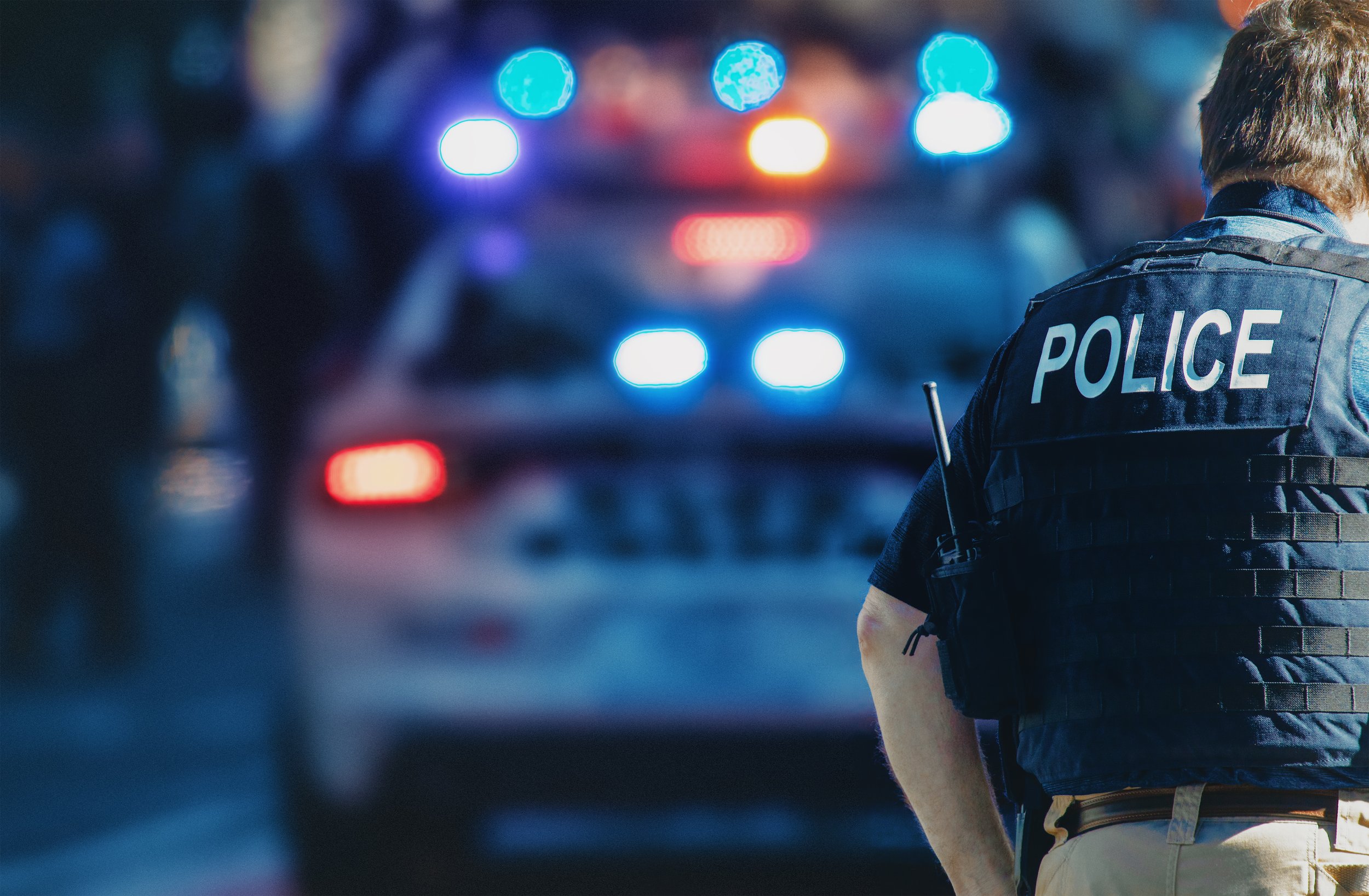Opinion - A Needed Conversation: How Do We Restore Trust in Our Police System?

By M. Todd Manuel
FWIS Contributing Writer
The presence of police brutality and the relationship between police and minority communities seems to have changed significantly in the past few years. Just recently, the beating and murder of Tyre Nichols by six Memphis police officers caused us to examine if there is a culture of violence where protecting and serving comes second to arresting. There seems to be a cultural tolerance of devaluing human life or violating one's rights so long as the person receiving the devaluation is wrong. That is, their fault justifies any action that authority takes against them regardless of whether it is legal. In the case of Tyre Nichols, many people would say he shouldn't have run from the authorities; if he had complied, he would be alive today. Others don't see any justification for losing a human life after a traffic stop. Regardless of the reason, there needs to be a deeper look into the trust that police have in communities of color. Why do some Americans trust the police while others don't?
To understand modern-day police practices, one must consider where policing came from a historical perspective. There are many theories about this, but many believe that modern-day policing dates to the "Slave Patrol," in which groups of law enforcers aimed to keep slaves in their place and to pursue and apprehend any runaways. These police practices continued until well after the passage of the 13th amendment to the constitution, when they were replaced with military-style enforcer groups that were purposed to rid blacks of their rights to the everyday American experience, including their right to vote, have jobs, and enjoy freedoms that newly freed slaves should enjoy.
As time passed, police were used to enforce black codes, which were unwritten laws for black people, and Jim Crow laws up until the 1960s, when the civil rights movement put much of these overt actions to an end. However, many would argue that although overtly racist practices have been forbidden, law enforcement's bias against minorities continues today.
The United States holds an entire quarter of all incarcerated people, disproportionately black. And according to the US Bureau of Justice Statistics, African Americans are "more likely than white Americans to be arrested; once arrested, they are more likely to be convicted and once convicted, they are more likely to experience lengthy prison sentences. African American adults are 5.9 times more likely to be incarcerated than whites, and Hispanics are 3.1 times as likely." This disparity could be a coincidence, or this could point to an actual bias that exists in policing and court processes. But how does this impact how we Americans trust the police?
According to a poll from the PEW research center, whites are much more likely to believe that police will act in their best interest (PEW 2020). 4/10 of republicans think that police work in their best interest, compared to only 13% of Blacks and Hispanics. It is no wonder that attitudes toward the police significantly differ, as the way that Americans see police has a lot to do with their personal experiences and one's cultural upbringing. Nearly half of the black men, according to the same study, recall being unfairly stopped by the police, in contrast to only 19% of Hispanic males and 9% of white males.
These numbers might show why some people want to see reform in police practices. Some of these changes include requiring police to live in the areas in which they work. Others believe that having a federally regulated database would help identify police suspected of excessive force. Another idea is to create community-based programs that bridge the gap between concerned law-abiding citizens and the police who protect them.
Regardless of what should occur, blacks are not the only groups who may mistrust the people paid to protect and serve them. When will police reform become something we understand as a goal for the enhancement of society and not a personal attack on the people who risk their lives to protect us? Yet, for some reason, any suggestion that modern policing could be better is heard as a direct threat or insult to the group.
Many of the problems that we see today in our police system have always been there; historically, it is woven into the fabric of the uniform. And although most public servants do not aim to target or disenfranchise any group of people, the historical foundation of policing and its practices, in conjunction with the empirical biases of the court system, resulting in different experiences for different people.
Trust needs to be earned in every neighborhood. It's time that the police begin joining the conversation about their experiences with all the people they serve, not just those they talk to within their communities. There need not be an us vs. them mentality when the discussion begins as if we are not members of the same community. Likewise, a deeper conversation should happen to discuss the undeniable disparities between minorities and their white counterparts in the criminal justice system. Hard questions must be asked and answered. Without these hard conversations, how will we improve? Otherwise, we might continue to see a difference in the experiences of others.
